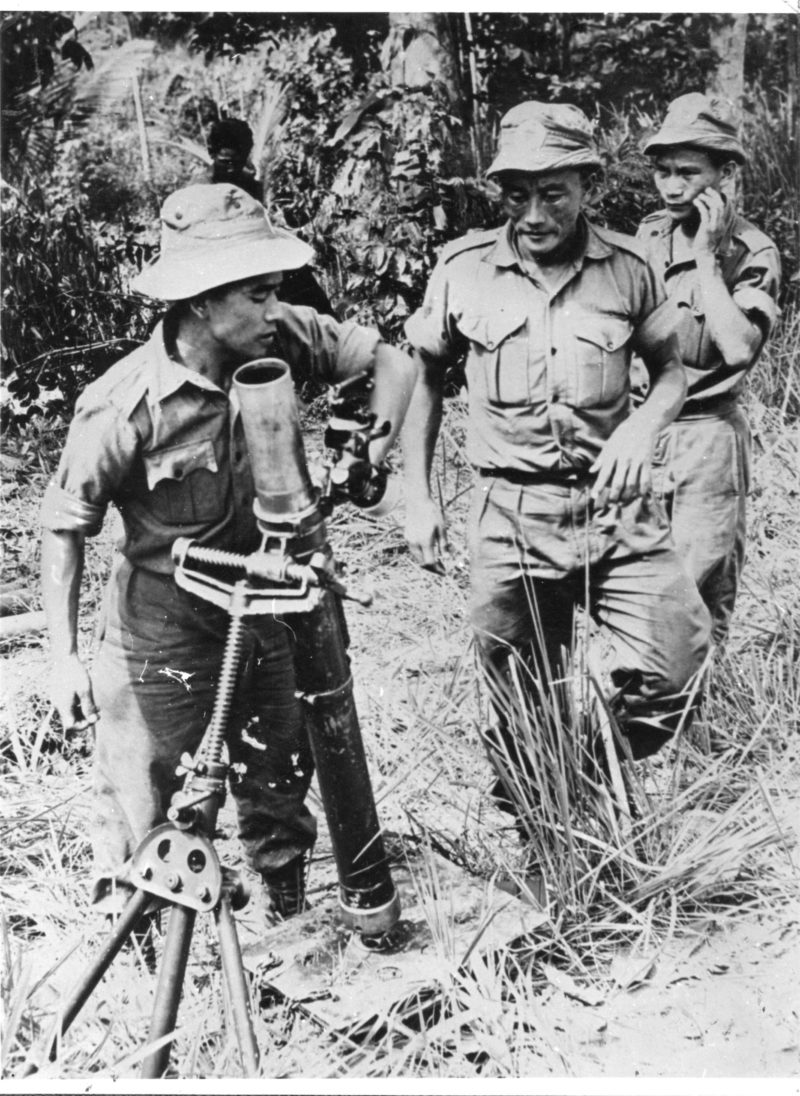Gurkhas and the Malayan Emergency

Gurkhas and the Malayan Emergency
After the close of the Second World War, many of the political and military groups in Malaya that the British government had supported against the Japanese occupation forces, turned towards seeking Malayan independence. Tensions rose over negotiations on future political arrangements for Malaya and resistance groups began to appear. On June 16th 1948 three British plantation managers were killed by communist insurgents and two days later on June 18th the British enacted a state of emergency in response, outlawing the Malayan Communist Party (MCP) and other left-wing groups. The MCP withdrew into rural areas and began launching guerrilla attacks against the Malayan Government and the British forces supporting it. This ‘Emergency’ was to last from 1948 to 1960.
British and Gurkha troops were deployed extensively in Malaya throughout the period to combat the insurgent threat, , drawing on the skills which the Gurkhas had perfected during jungle fighting in Burma in the Second World War. The slow, dangerous and often unsuccessful work of tracking insurgents through thick jungle in order to find and ambush them, sometimes meant waiting weeks to capture or kill just a handful of insurgents.
Gurkha troops formed the backbone of the British presence in Malaya in the form of the 48th Gurkha Brigade and later the 17th Gurkha Division which oversaw all British and Gurkha troops in Malaya during the Emergency. Troops from all four of the then existing British Gurkha infantry regiments (2nd, 6th, 7th and 10th Gurkha Rifles) as well as later on the newly formed Gurkha corps units such as the Gurkha Engineers, Signals and Transport Regiments, fought throughout the campaign. The Malayan Emergency stands as one of the seminal events in the post-war history of the current Brigade of Gurkhas.

